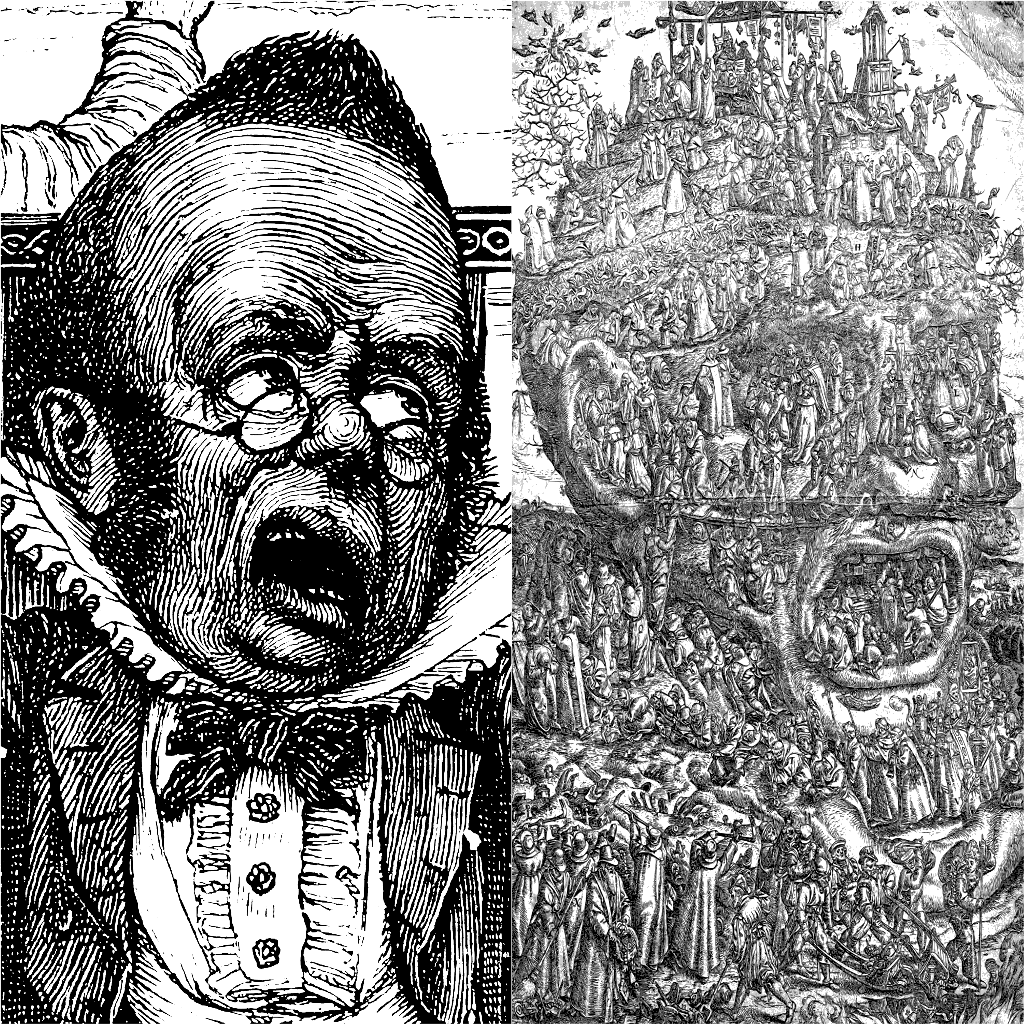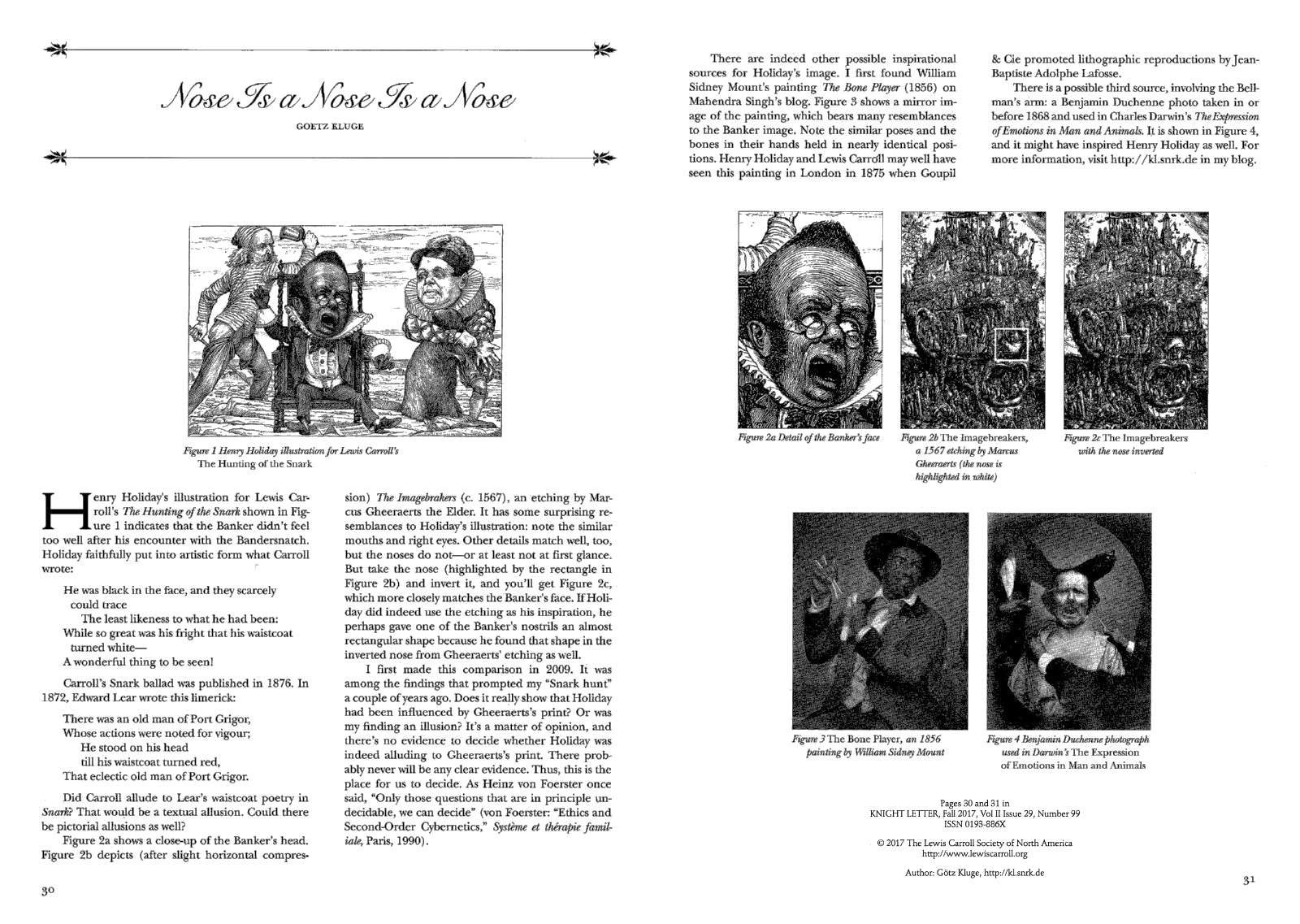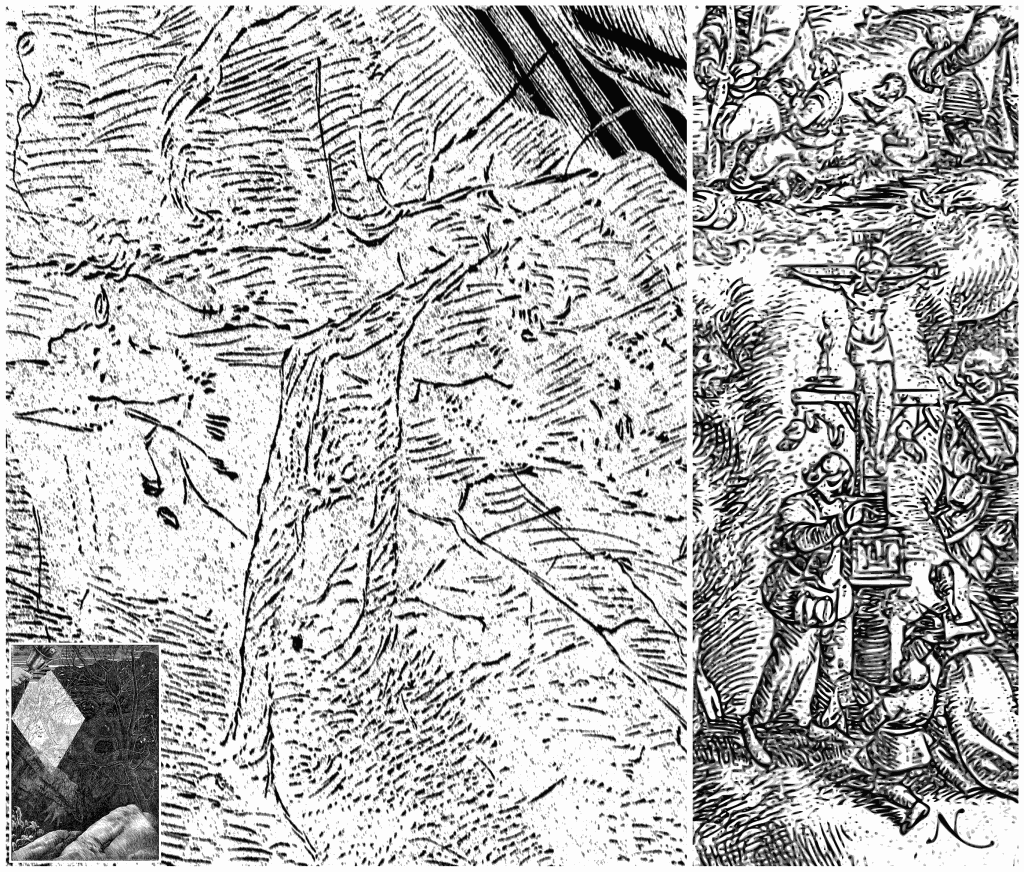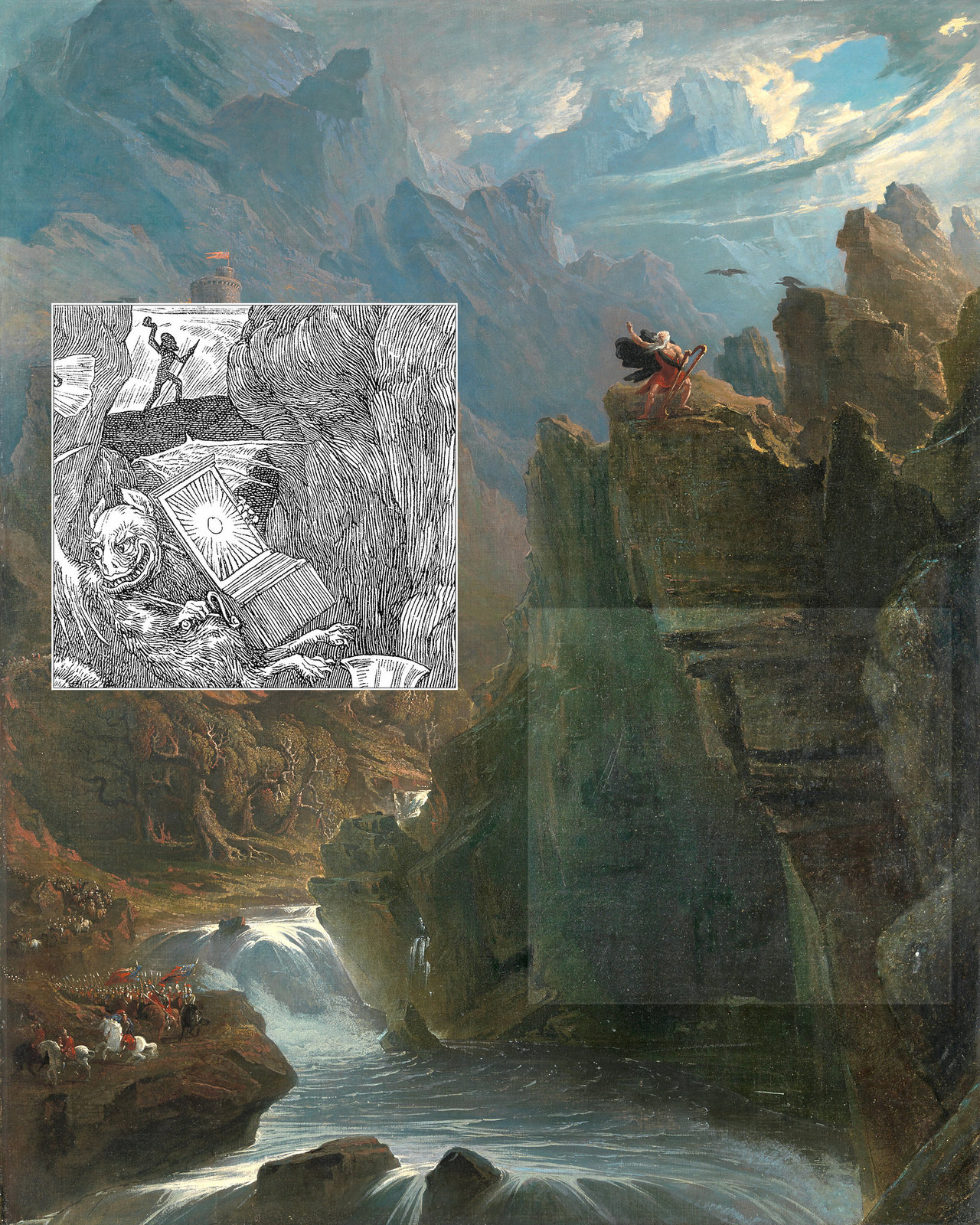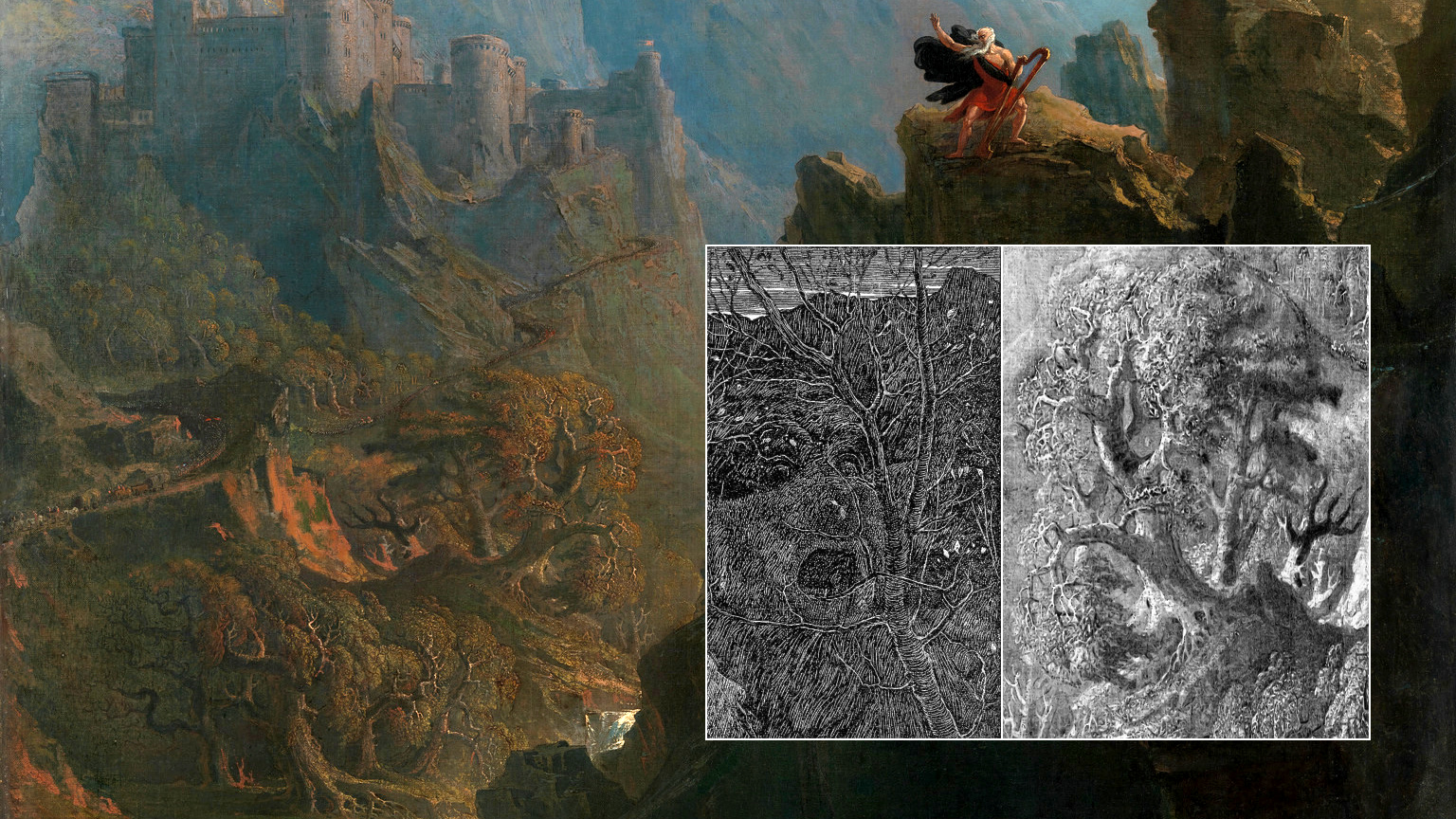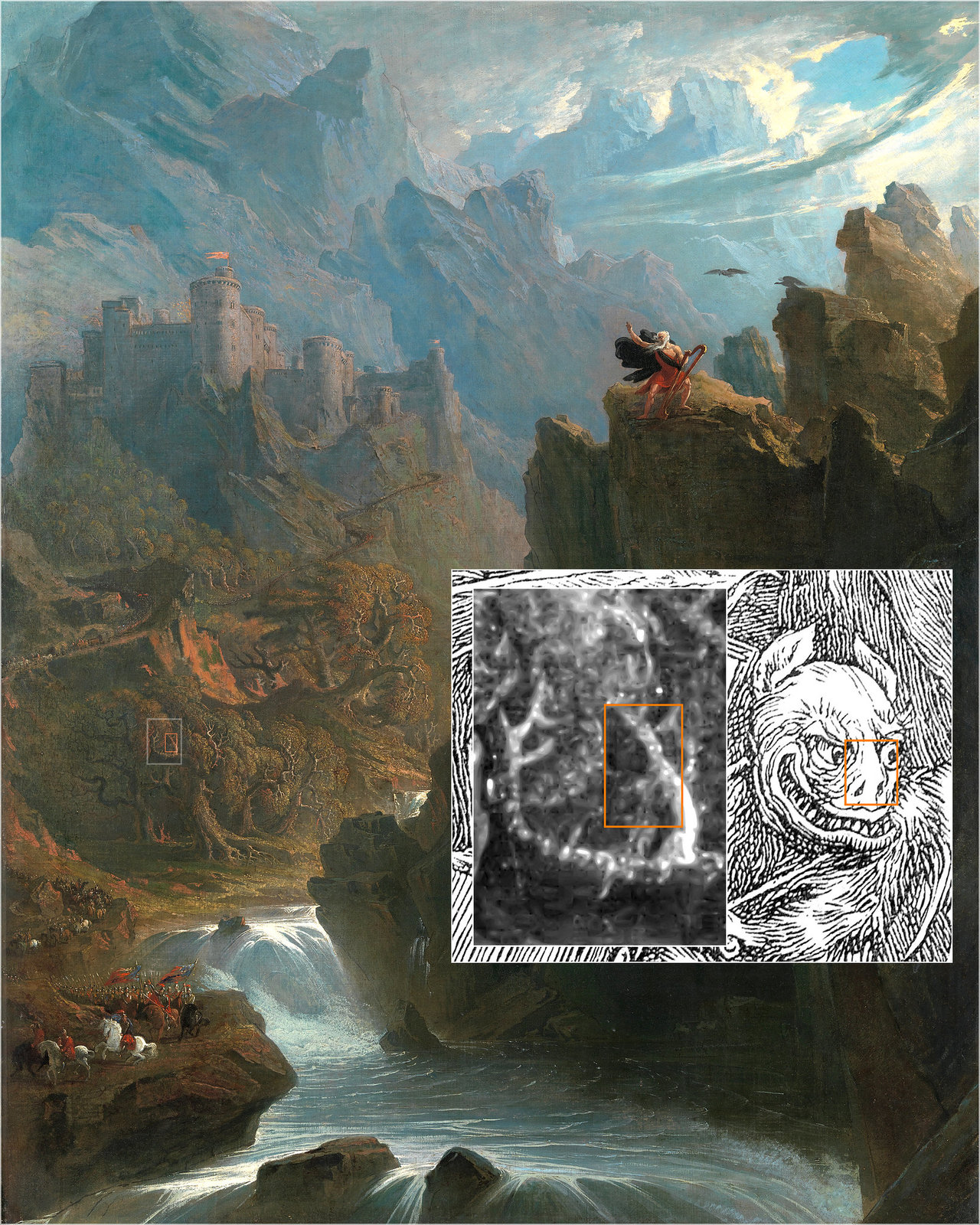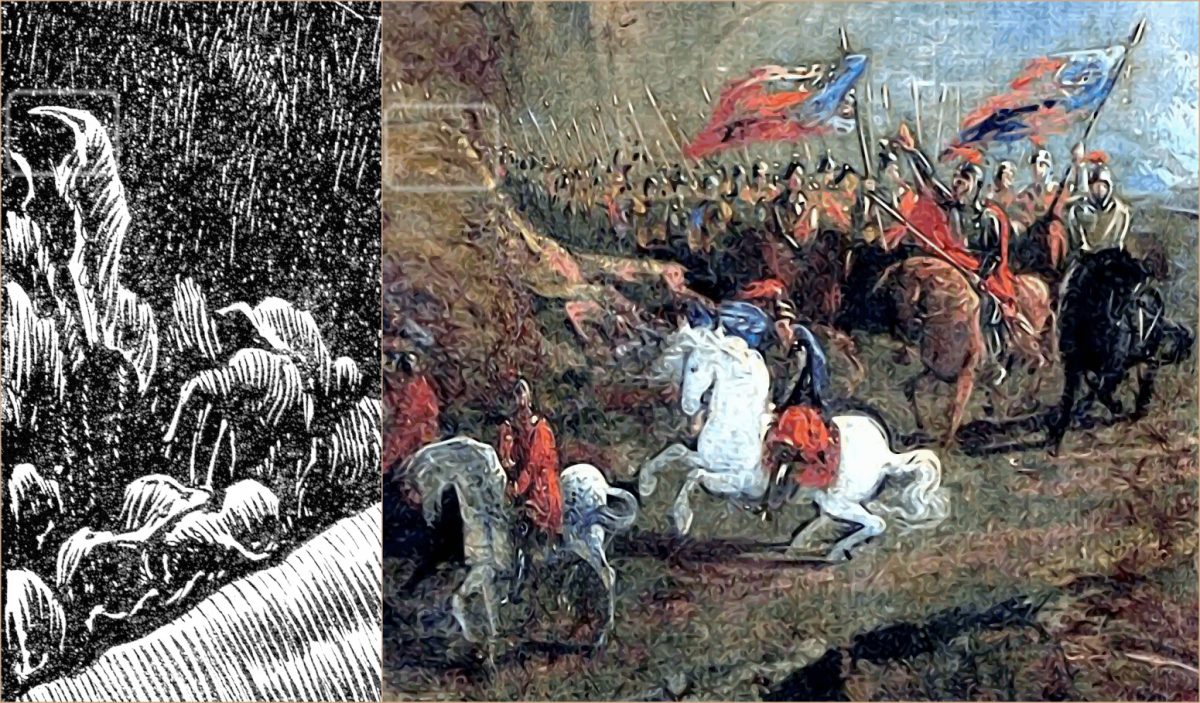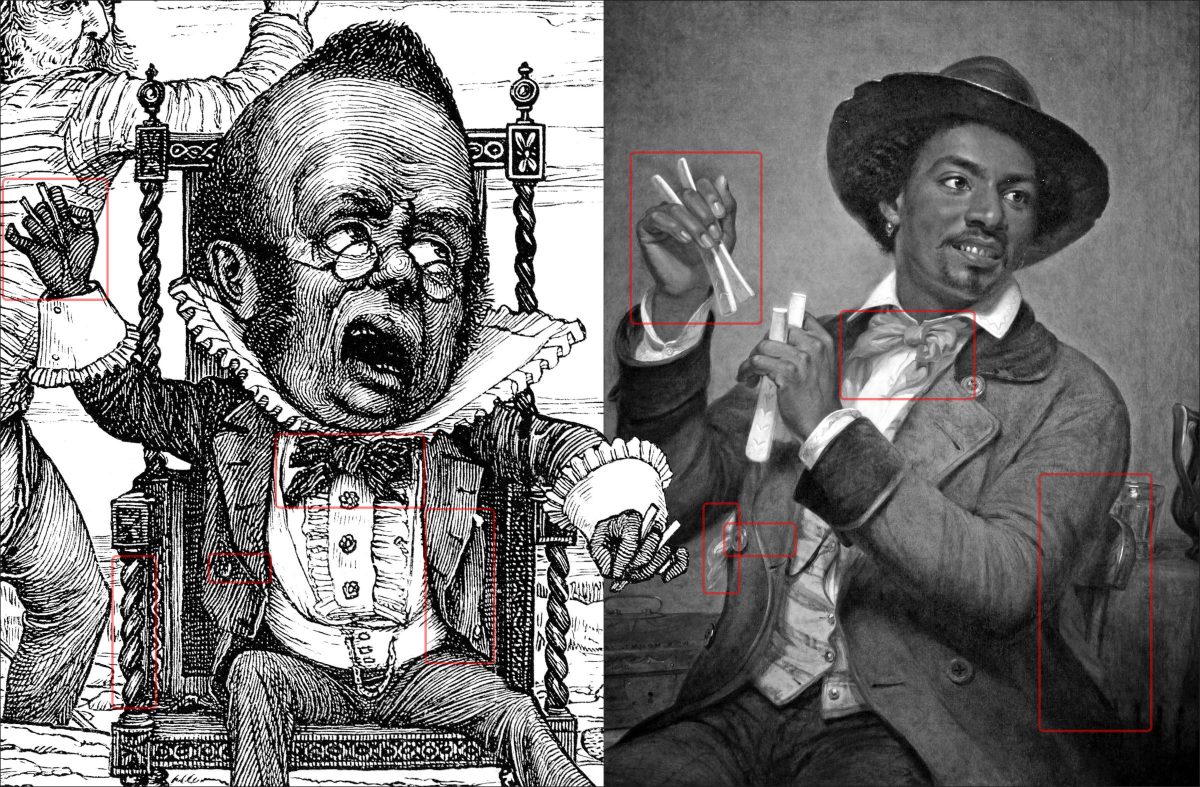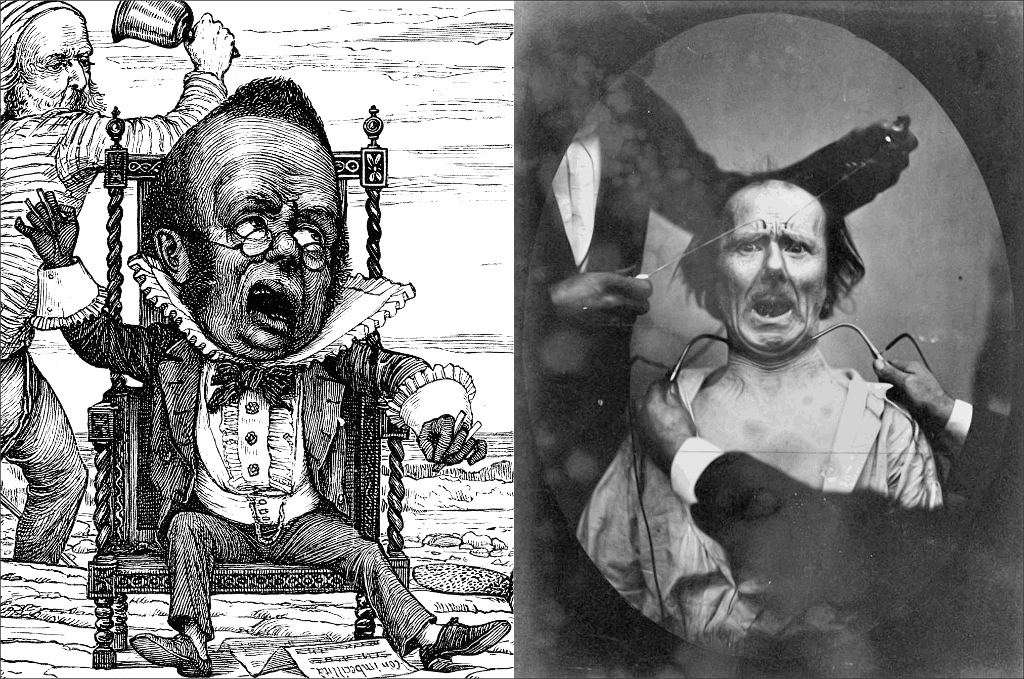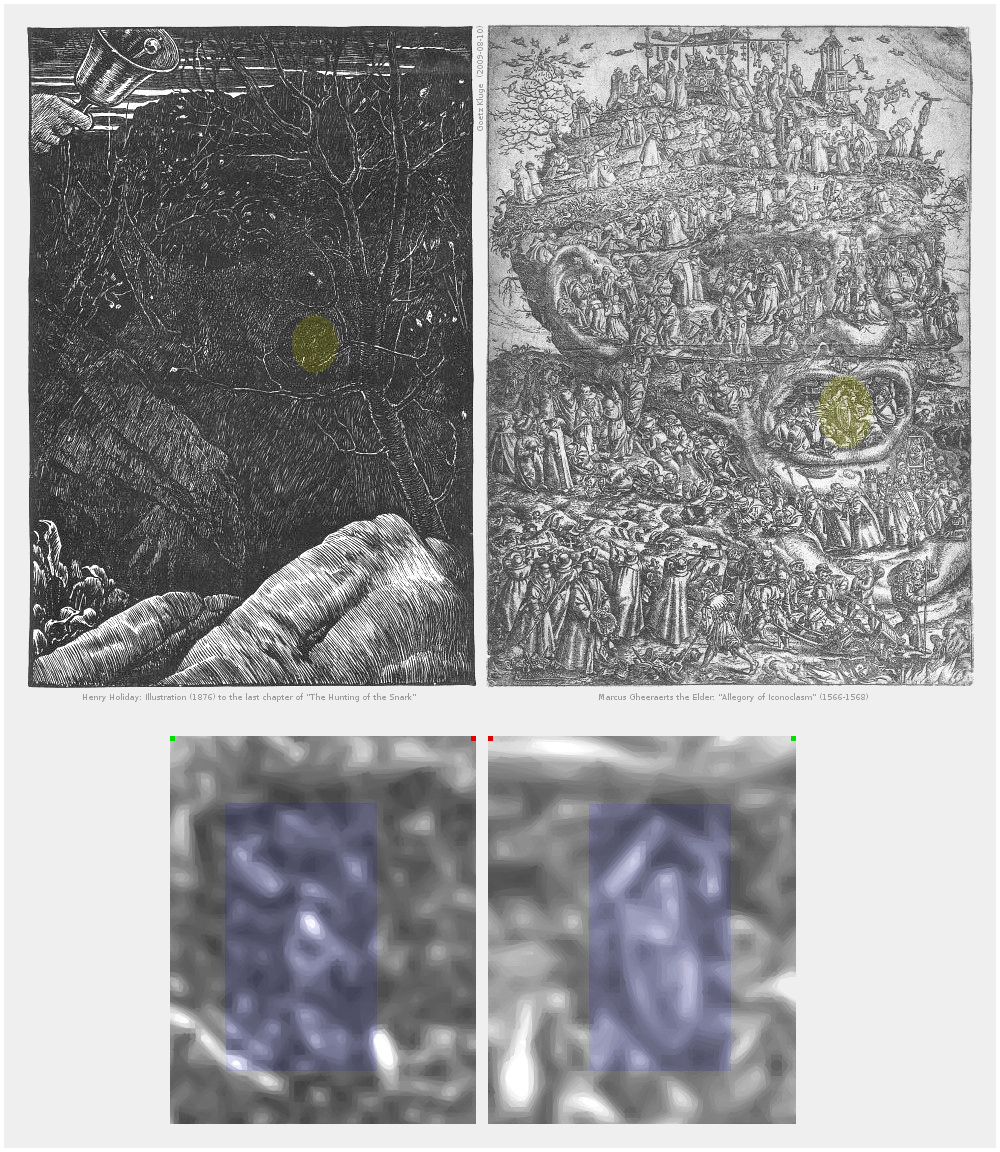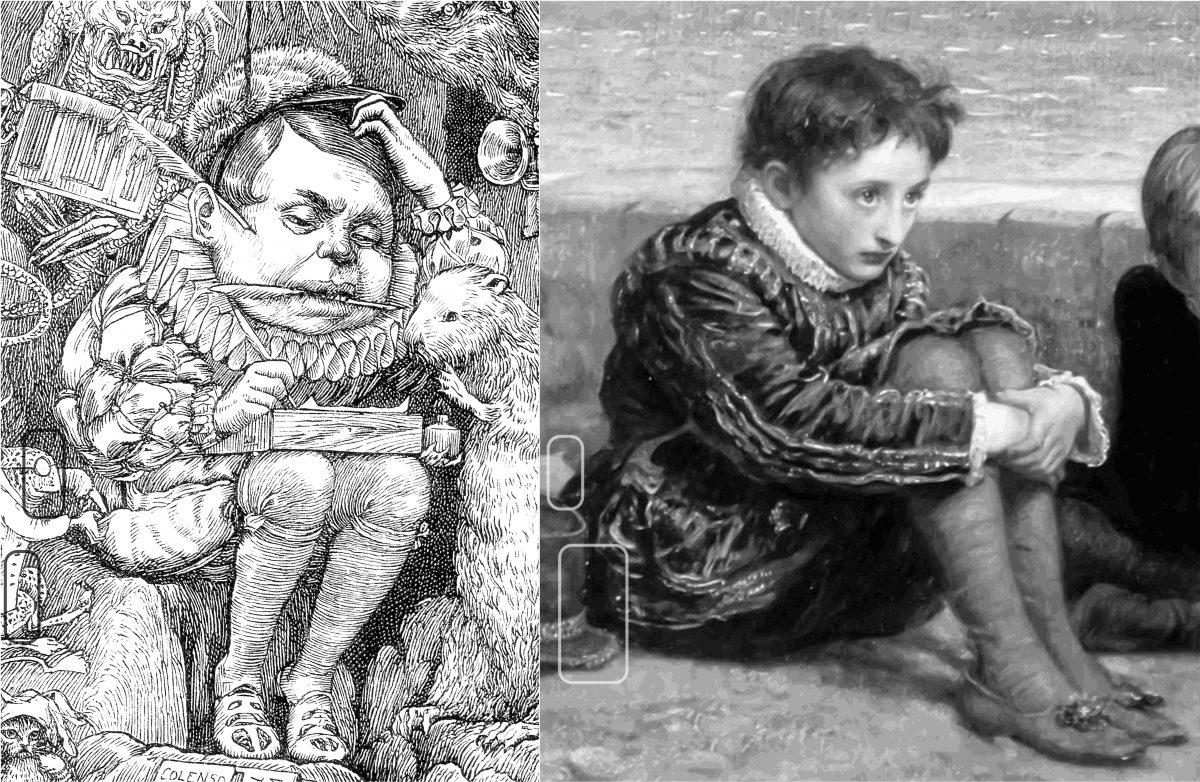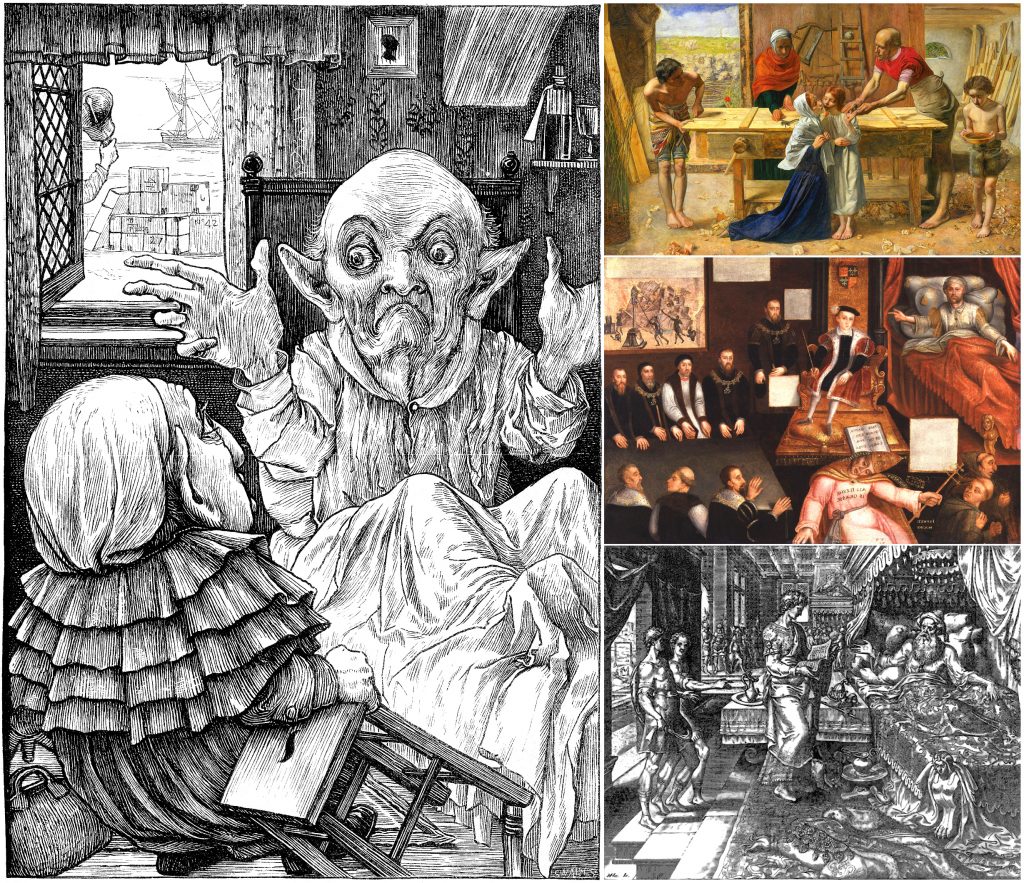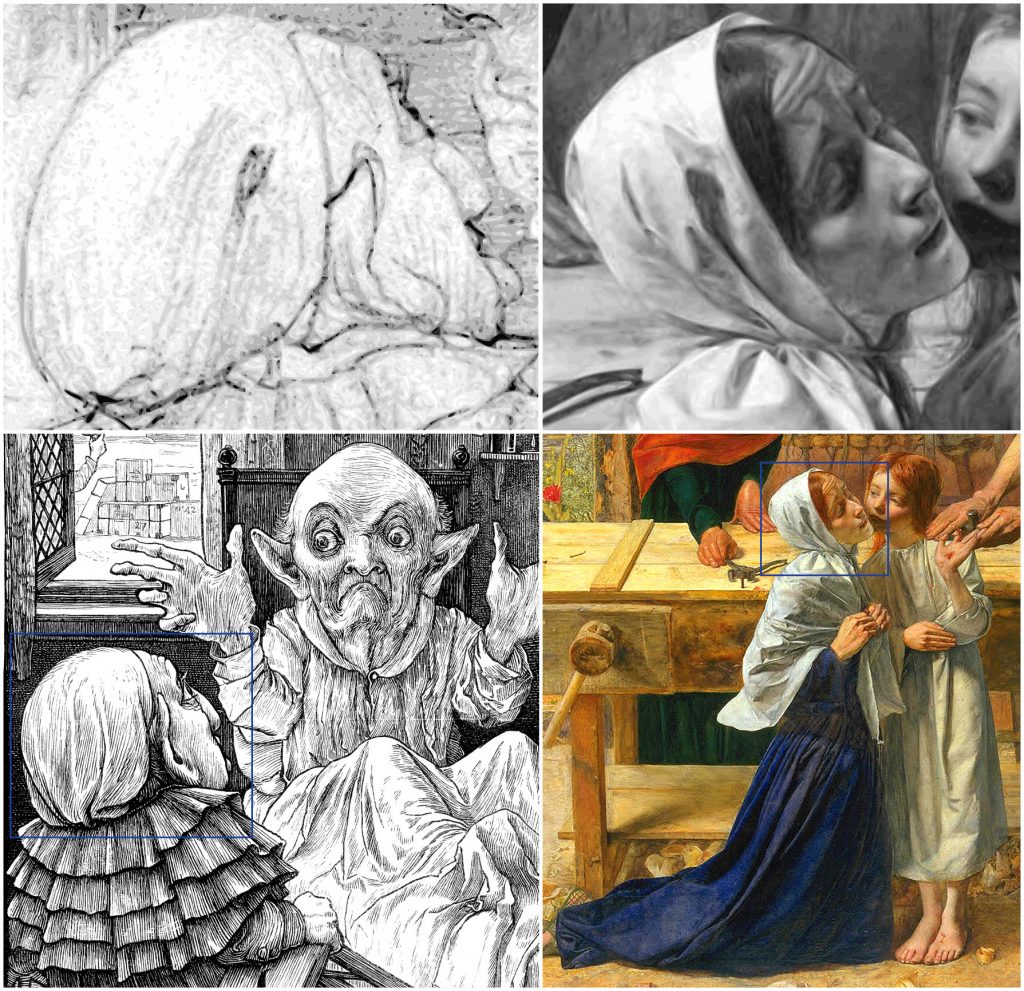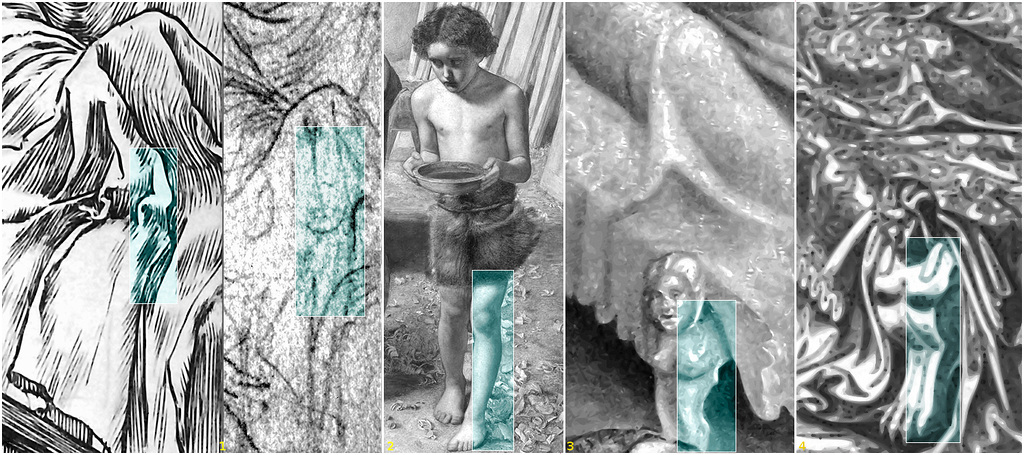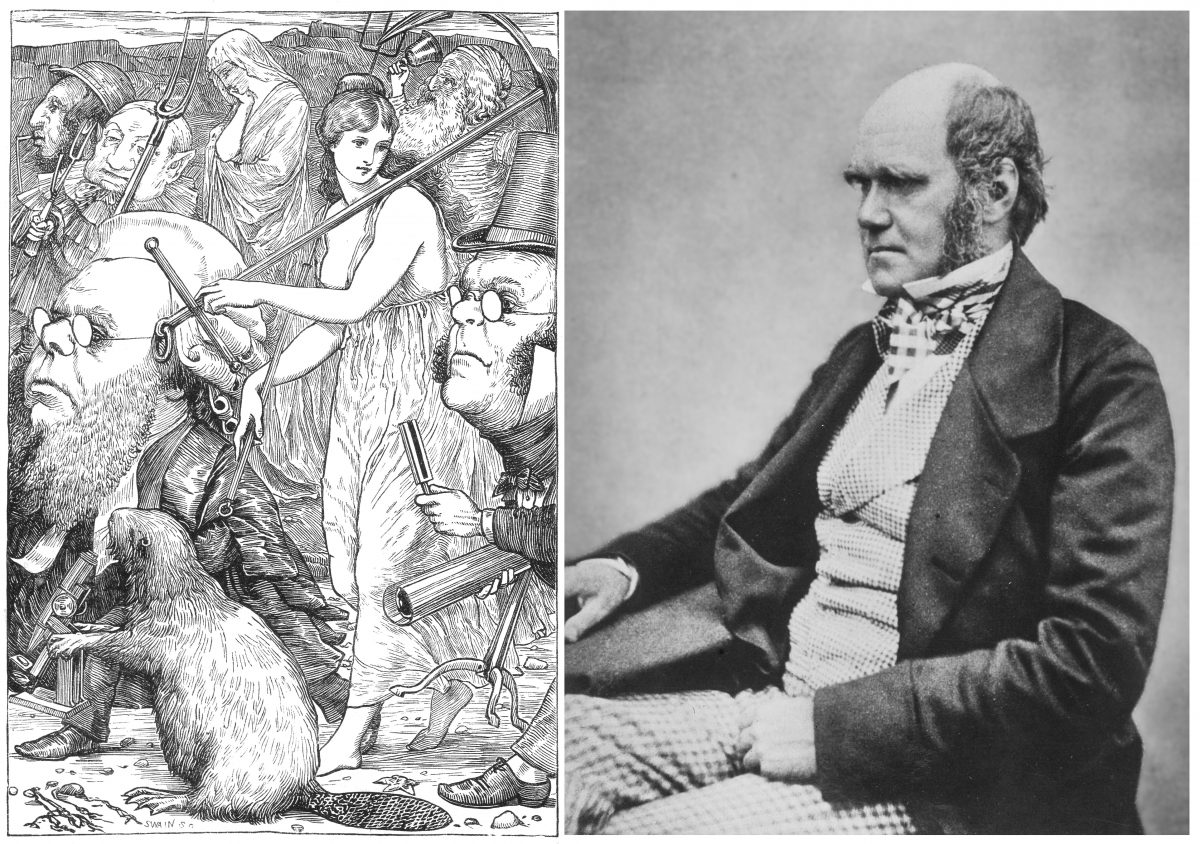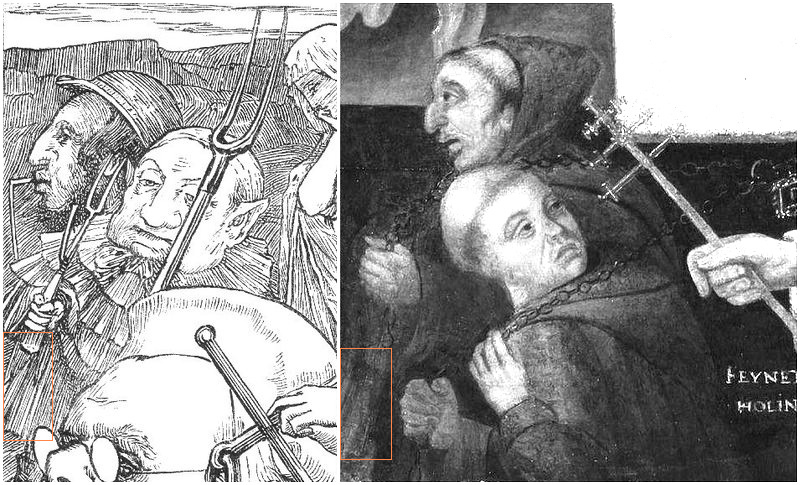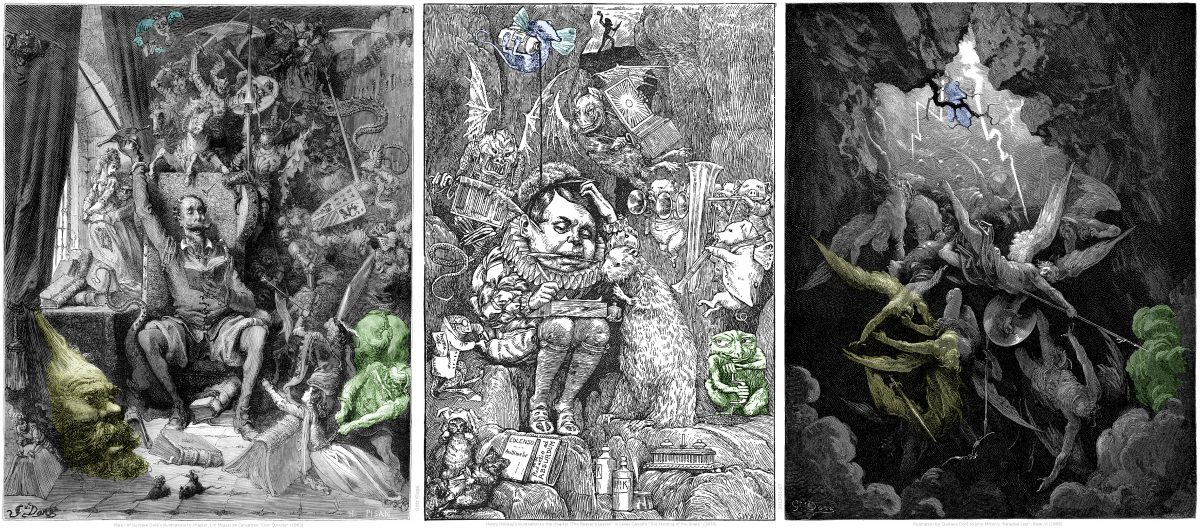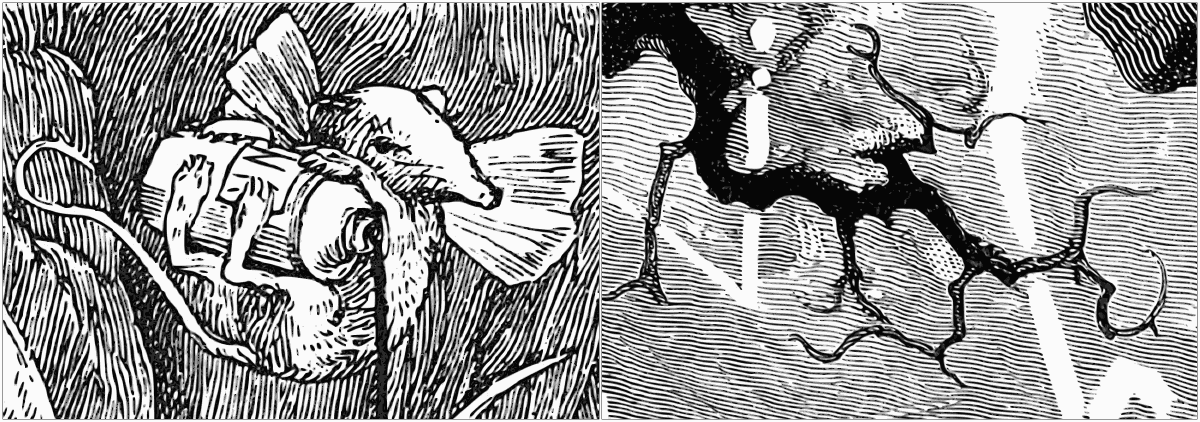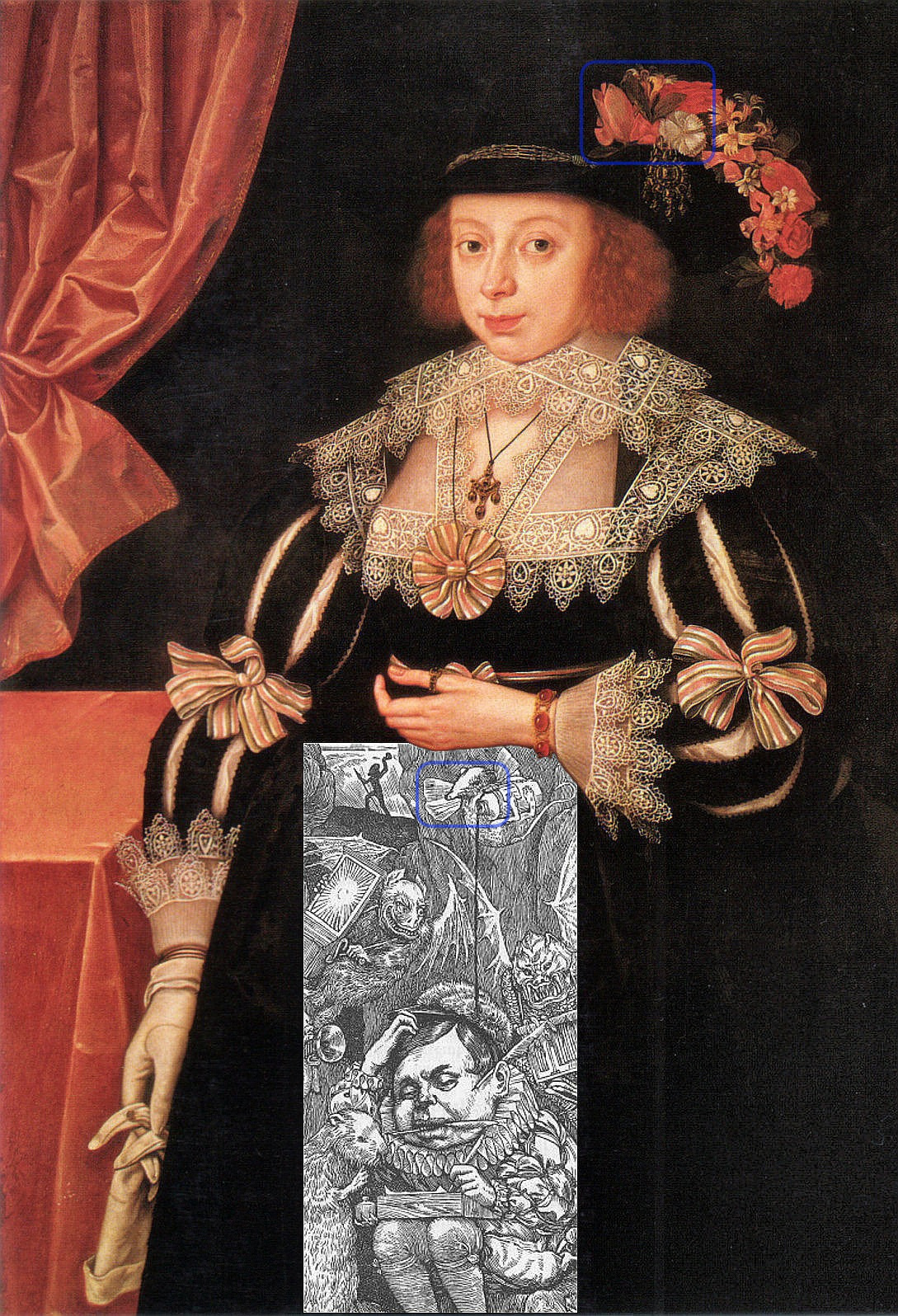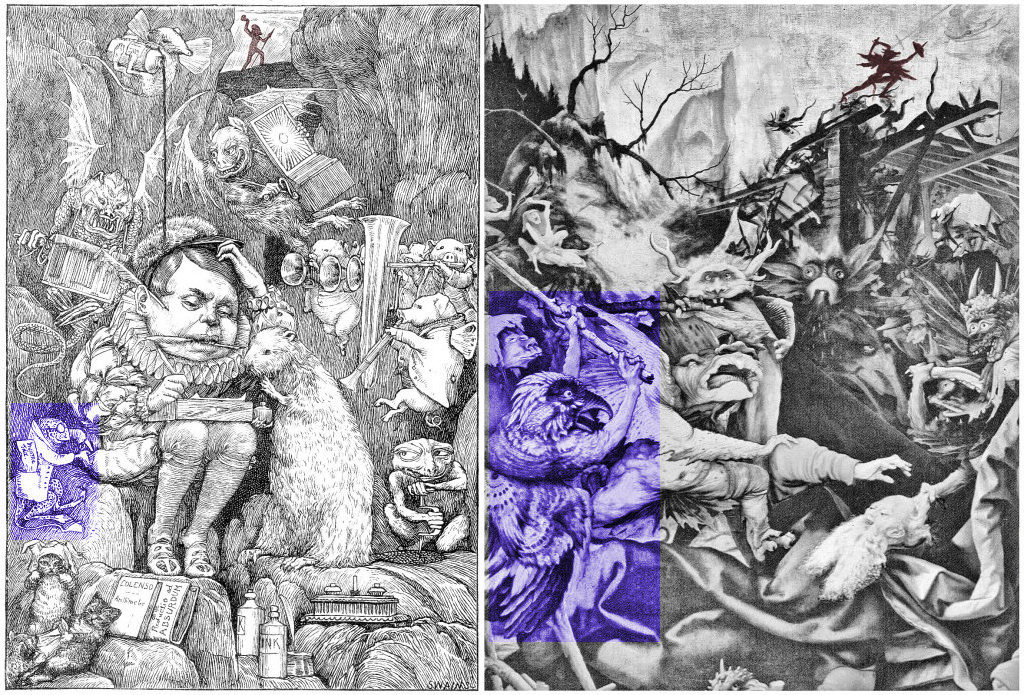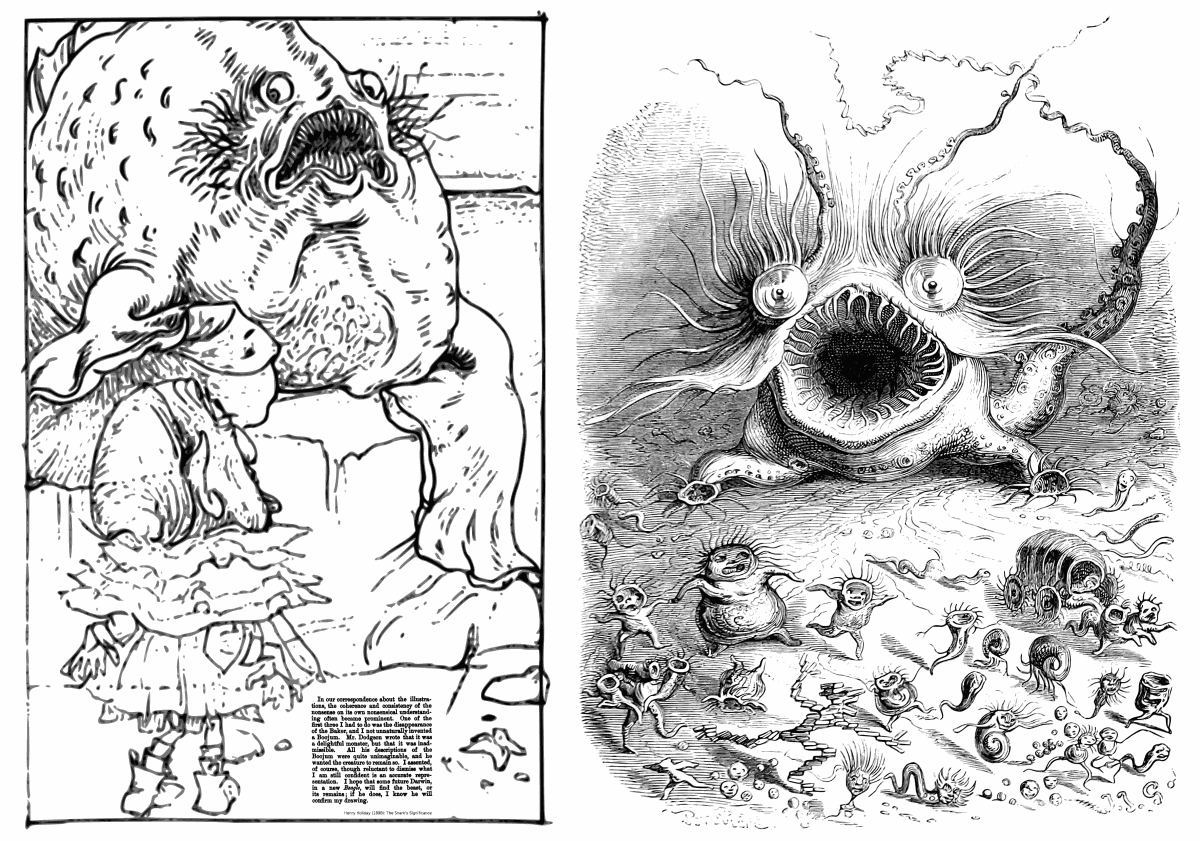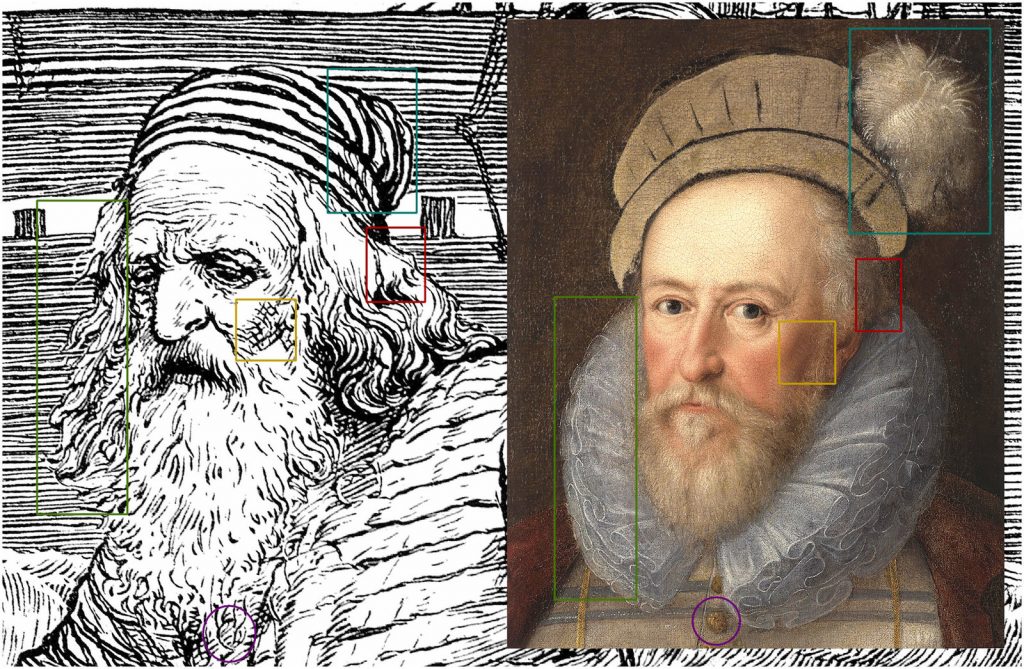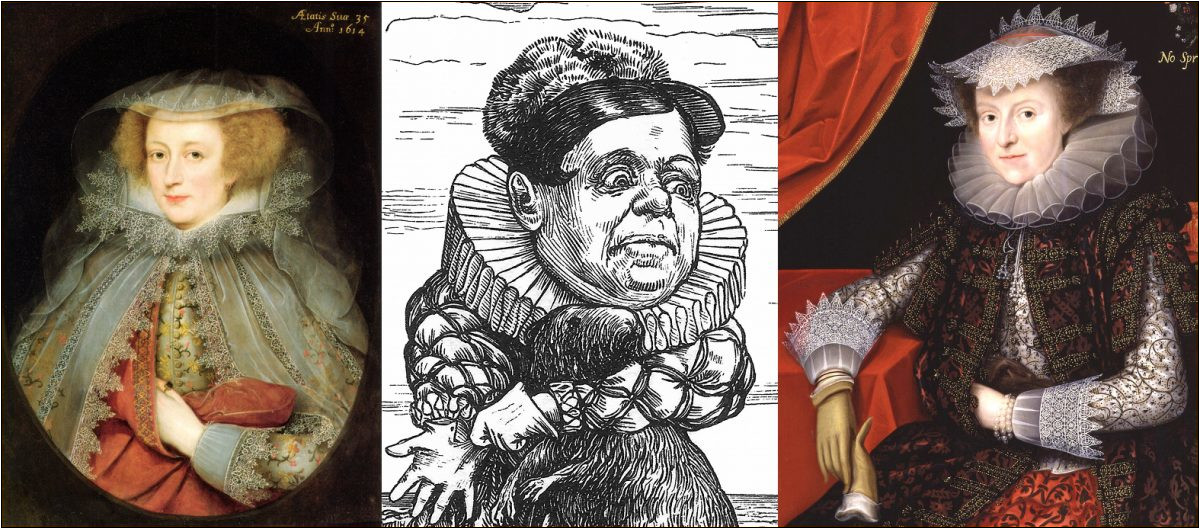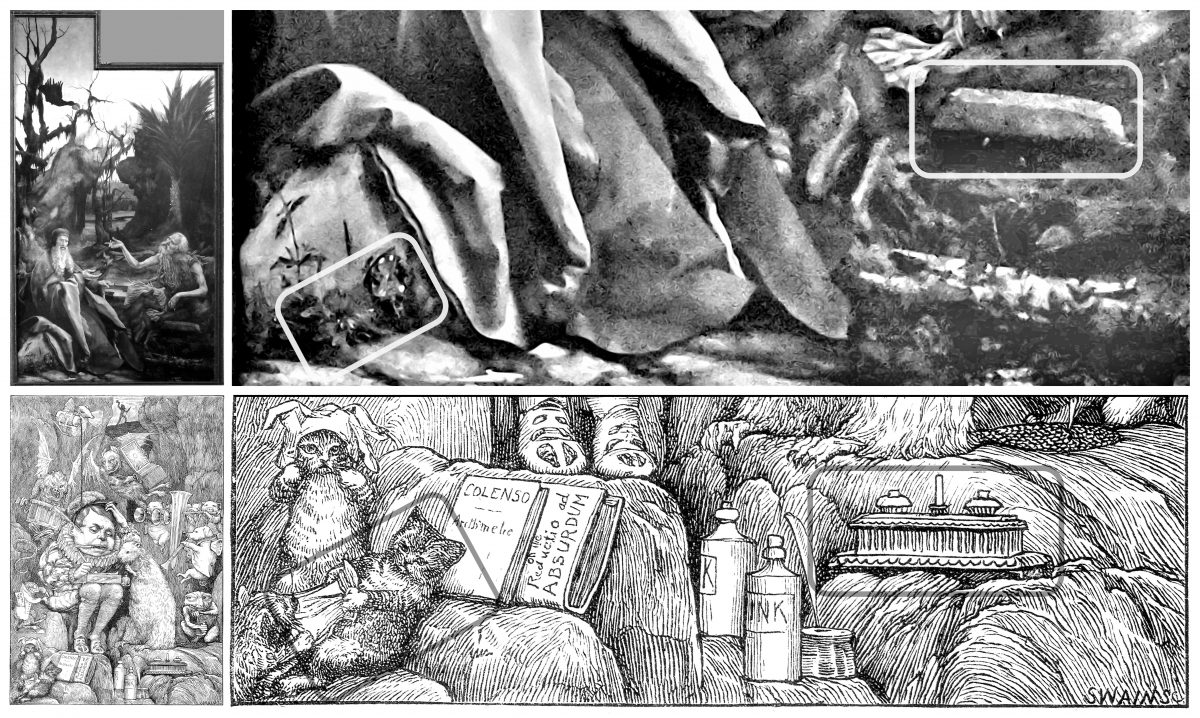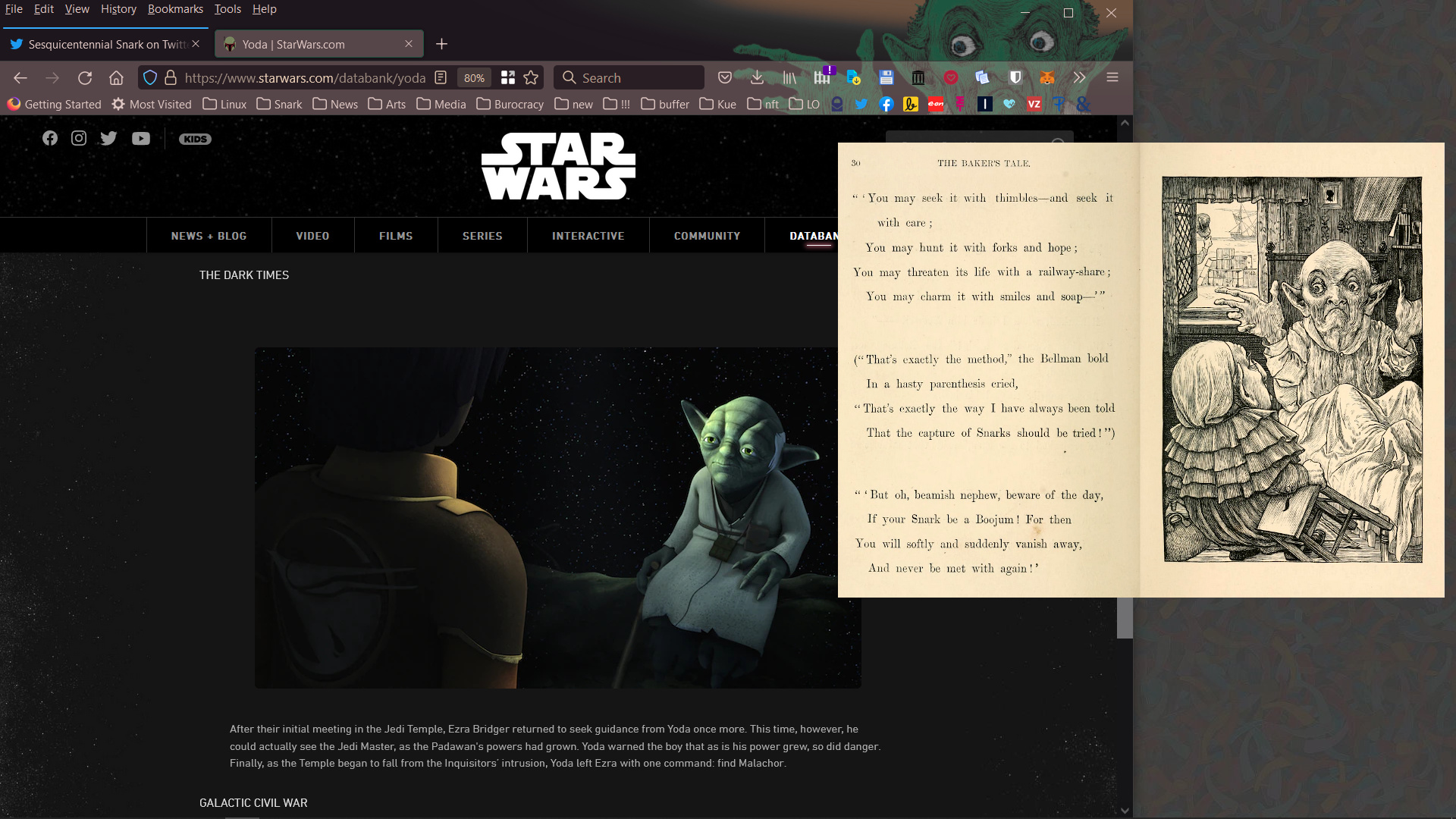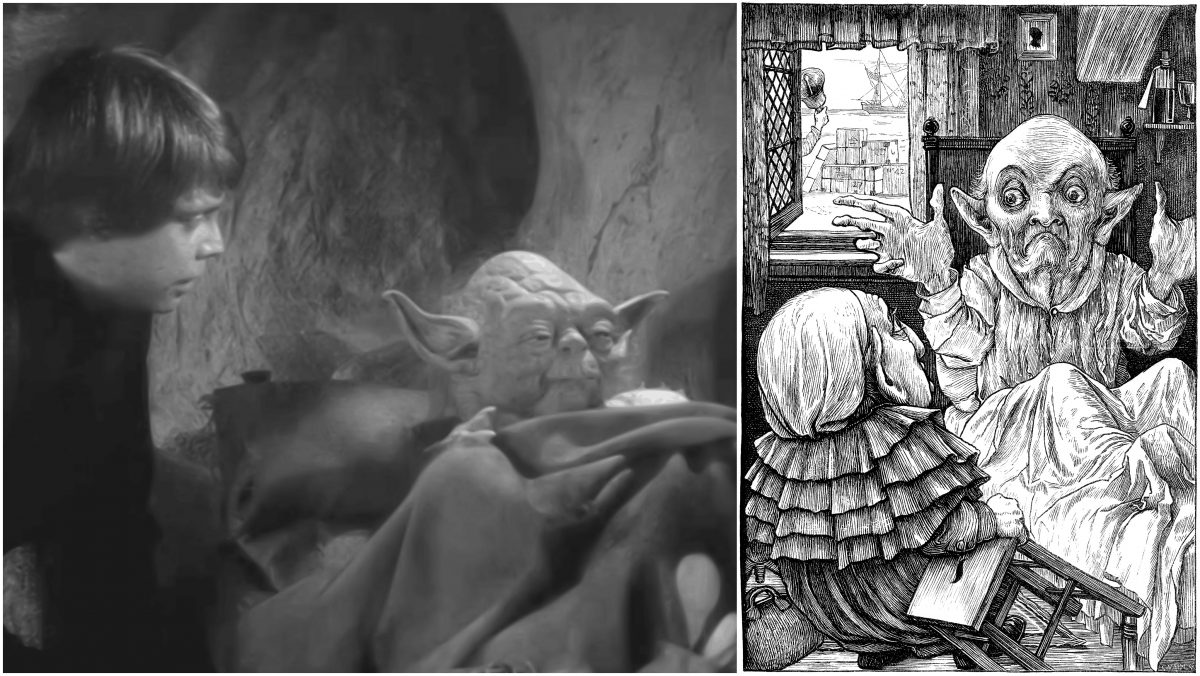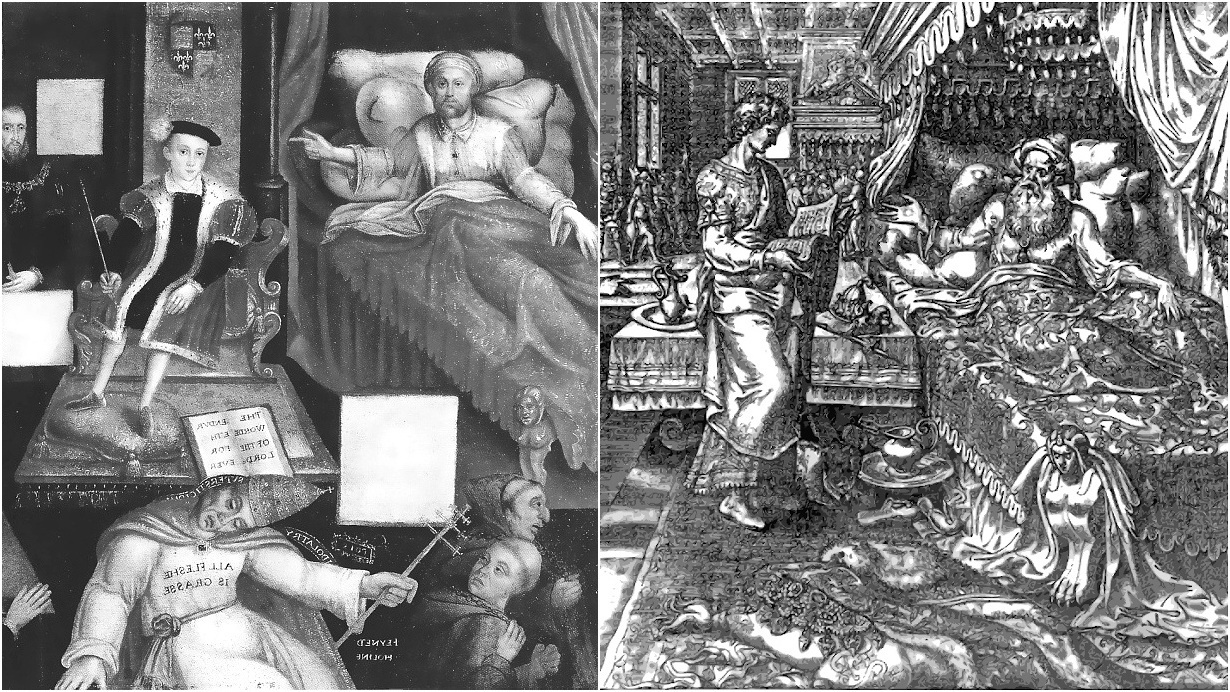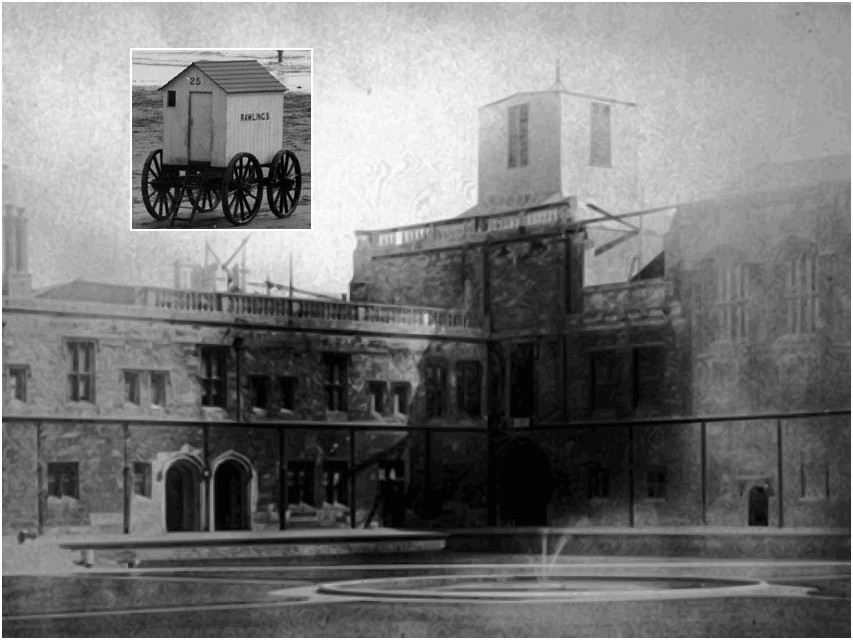I had no other meaning in my mind, when I wrote [The Hunting of the Snark]: but people have since tried to find the meanings in it. The one I like best (which I think is partly my own) is that it may be taken as an Allegory for the Pursuit of Happiness.
Lewis Carroll (1832–1898) in a letter to Mary Barber (1877-1962), 1897-01-12
It is possible that the author was half-consciously laying a trap, so readily did he take to the inventing of puzzles and things enigmatic; but to those who knew the man, or who have divined him correctly through his writings, the explanation is fairly simple.
Henry Holiday (1839–1927) about Lewis Carroll, The Snark’s Significance, 1898-01-29
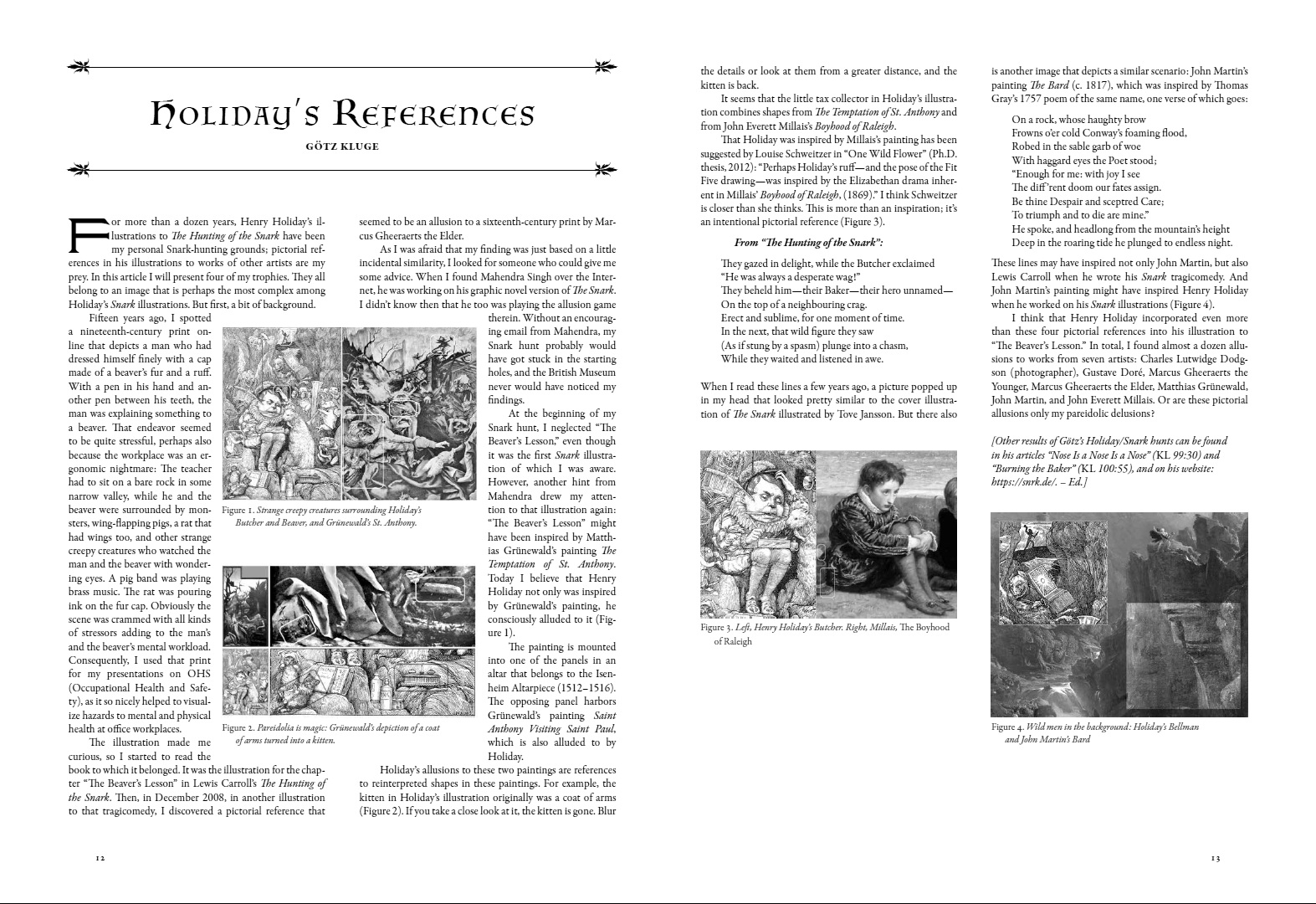 Knight Letter (LCSNA), № 106, Spring 2021, p. 12~13
Knight Letter (LCSNA), № 106, Spring 2021, p. 12~13
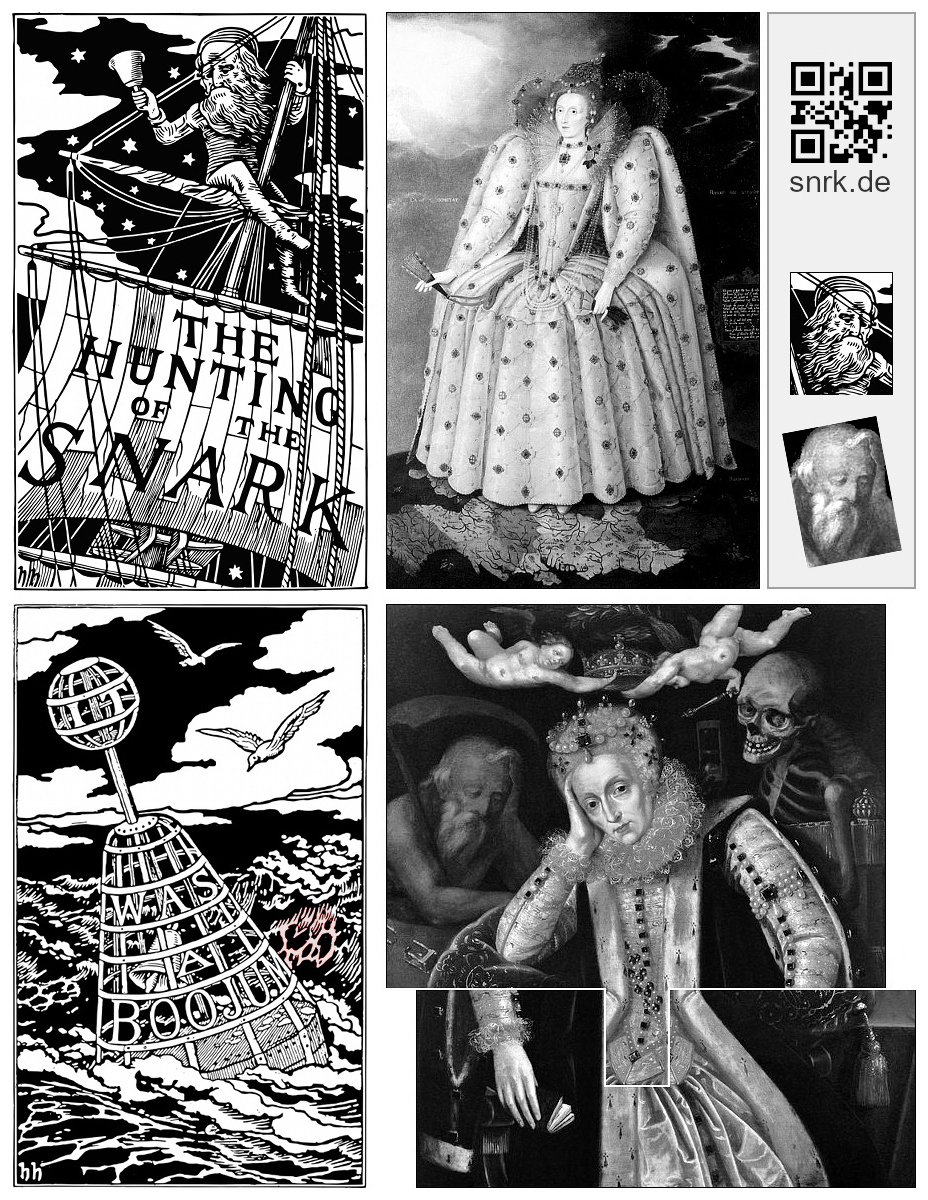
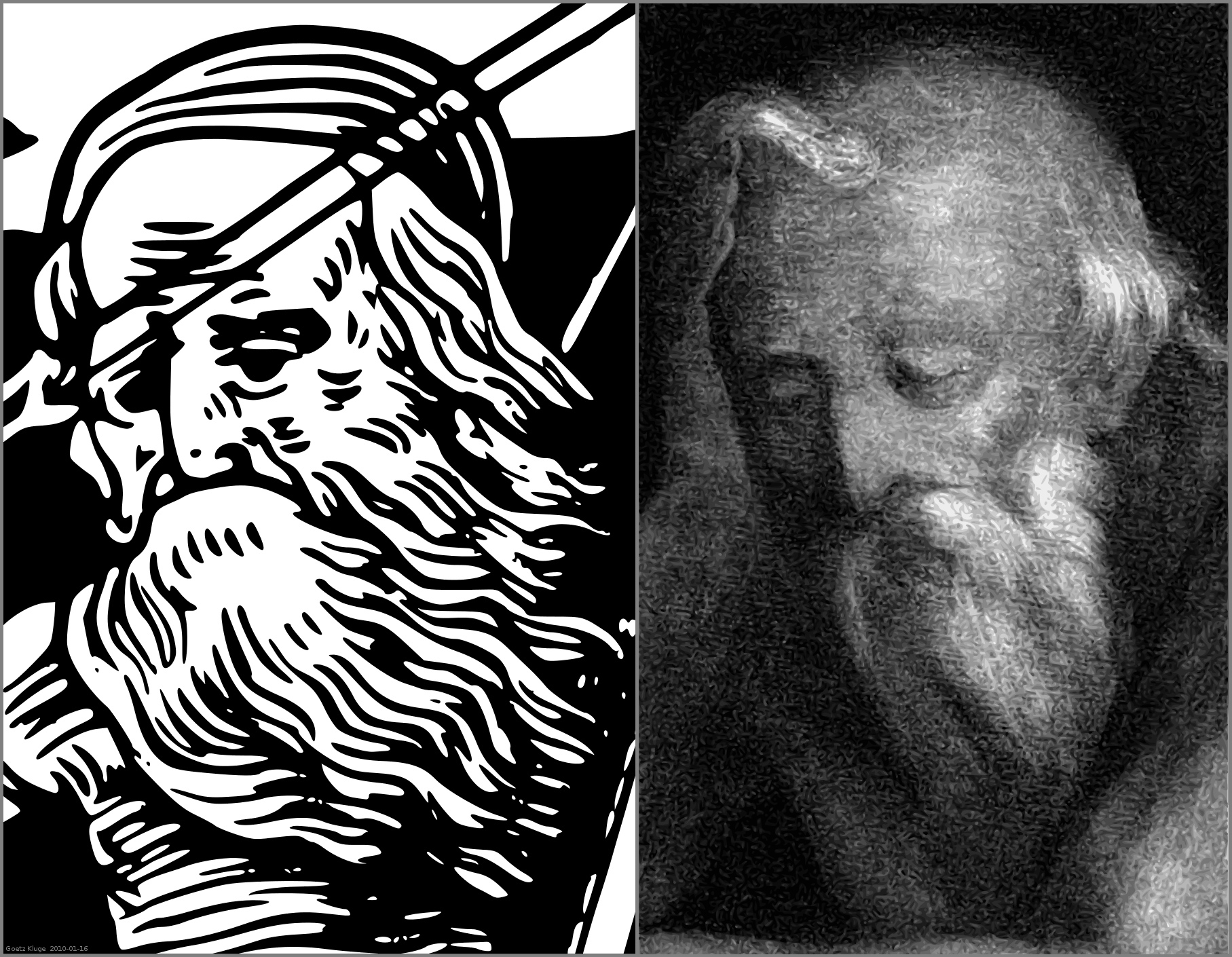

Only those questions that are in principle undecidable, we can decide.
Heinz von Foerster (1911-2002): Ethics and Second-Order Cybernetics, 1990-10-04, Système et thérapie familiale, Paris
We have neglected the gift of comprehending things through our senses. Concept is divorced from percept, and thought moves among abstractions. Our eyes have been reduced to instruments with which to identify and to measure; hence we suffer a paucity of ideas that can be expressed in images and an incapacity to discover meaning in what we see. Naturally we feel lost in the presence of objects that make sense only to undiluted vision, and we seek refuge in the more familiar medium of words. […] The inborn capacity to understand through the eyes has been put to sleep and must be reawakened.
Rudolf Arnheim (1904-2007): Art and Visual Perception, 1974, p. 1
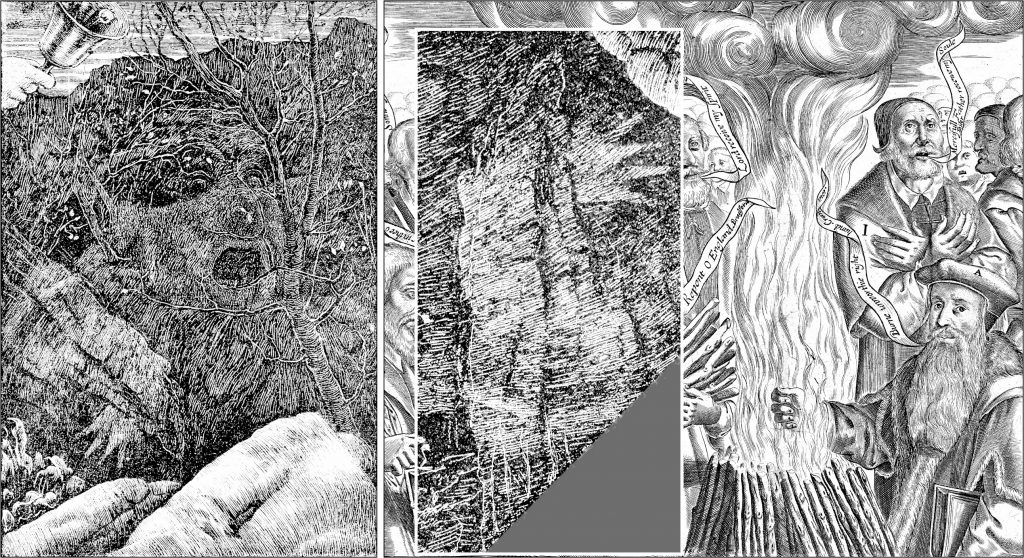
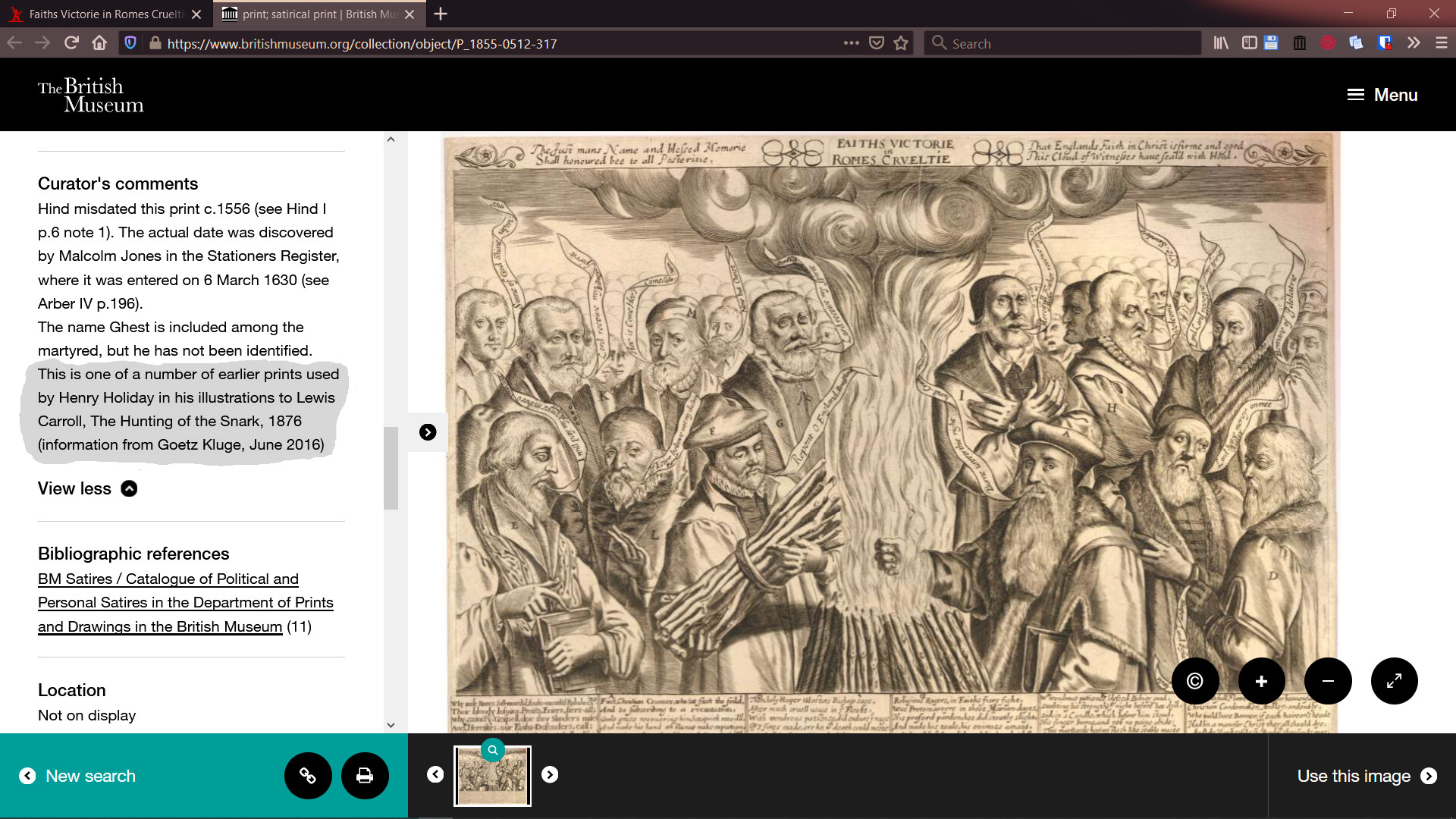
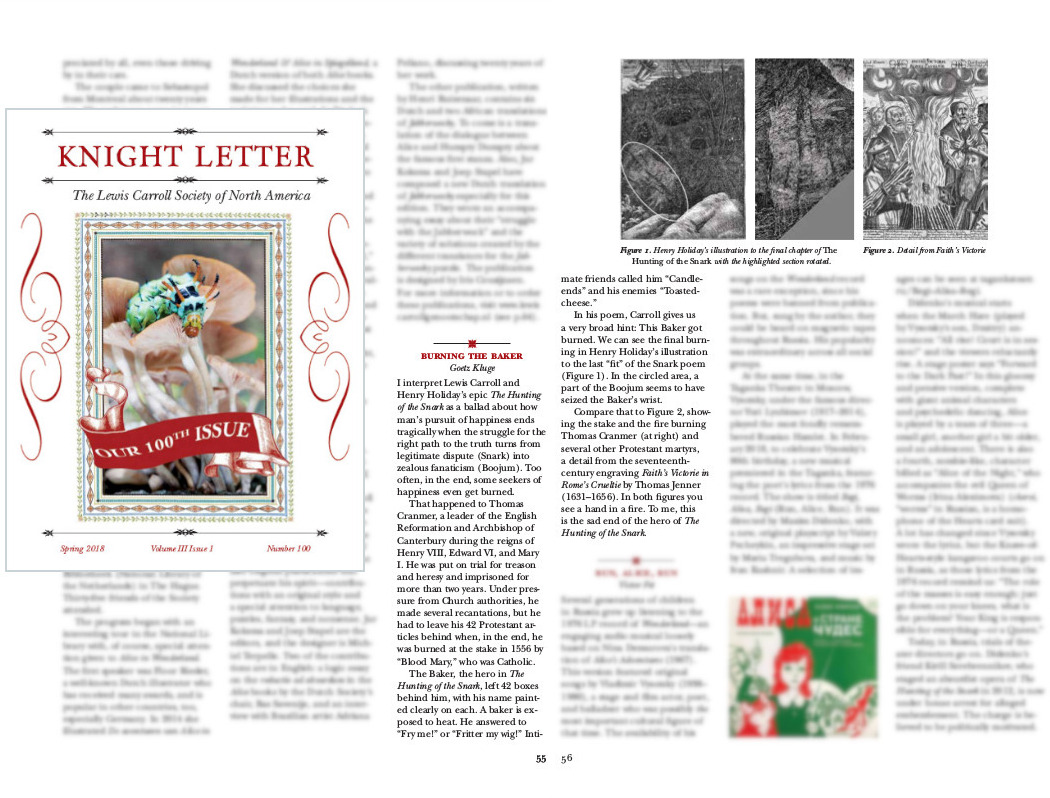
All art is infested by other art.
Leo Steinberg (1920–2011) , in Art about Art, 1979
Bycatch from my Snark hunt:


Götz Kluge, Munich 2017-10-02, updated: 2025-12-11


